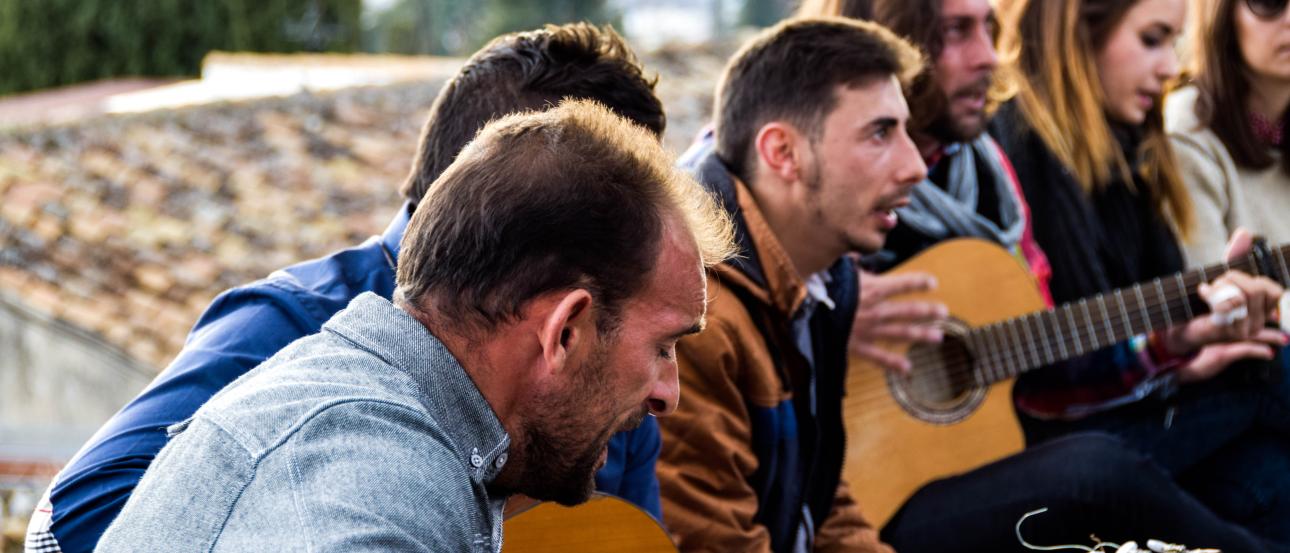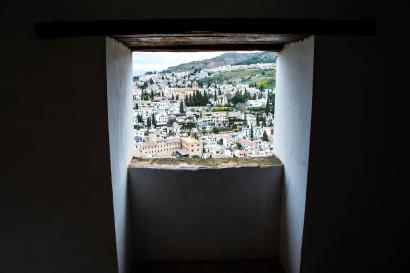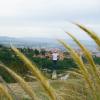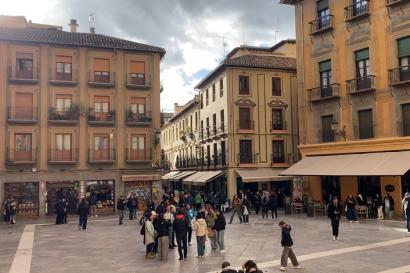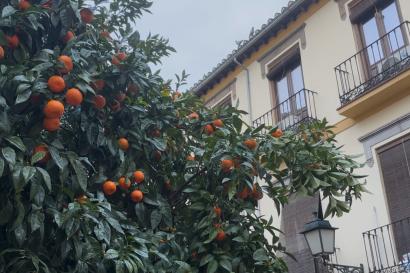It could simply be the lure of words, the sheer complexity of our language– a brilliant system of dots and lines able to record even the most intangible memories– that attract me to abstract concepts in which words fail to explain. Describing the indescribable. I am fascinated by the sound of a different language, and how maybe if I could understand it, I could apply the same troughs and crests of the Spanish language to my study of English. And in doing so I have come across a term that I have not fully comprehended because I am desperately trying to grasp it within the bounds of my English understanding. One of those intriguingly dark words– duende.
Lorca wrote something rather special about it once in “Juego Y Teoría Del Duende” and it has left a large sunspot on my thoughts. Maybe I should say a black ink stain– as black as blue velvet, or a stain the color of blood caught in the light of the moon, instead of the more light-hearted “sunspot”, because duende, after all, is a mysterious dark kind of aurora that is made manifest in the song of the flamenco singer, the spoken poem, a bullfighter. The mention of these three mediums even broods an enigmatic, lucid thought– the appropriate state of mind needed to begin to understand the word that all three wish to possess.
Duende is when you’re at a concert and everything around you seemingly falls away because the band has something, a dark something. Or maybe a flamenco singer with skin like parchment paper sings with the pitch of the night in her bones, blowing away the beautiful girl with a sweet voice. “El duende es un poder y no un obrar, es un luchar y no un pensar,” the duende is a force not a labour, a struggle not a thought but the word itself is almost impossible to understand unless you’ve felt or seen it. And it thrives in Spain, as if the necessary ingredients are seeping from the ancient buildings and crumbling tiles and into the floorboards of the flamenco cuevas, finding its way into the blood of the people and taking root in the skin of the heart– blackening el corazón in a luminescent sootiness. I think duende is an ancient struggle that requires an audience to make it grow until there is an impossibly beautiful yet terrifyingly human face luring you into the darkness as the flamenco singer leaps her voice into the night sky.
Perhaps, I’ve confused myself even more in trying to explain the unexplainable, describe the indescribable but perhaps I’ve begun to chip away at something that I’ve been struggling with all along. That living in a foreign place–that fights an ancient struggle older than my own country everyday– I have become content with only observing the things I cannot understand, and maybe I should not try to understand but just feel. I should simply float in a dark river of the unknown and maybe one day emerge cloaked in a kind of acceptance of the things I cannot change– an inner struggle, “el tuétano de formas,” the marrow of form, slowly growing in the pit of my stomach until one day maybe somebody will say “man she has something.”
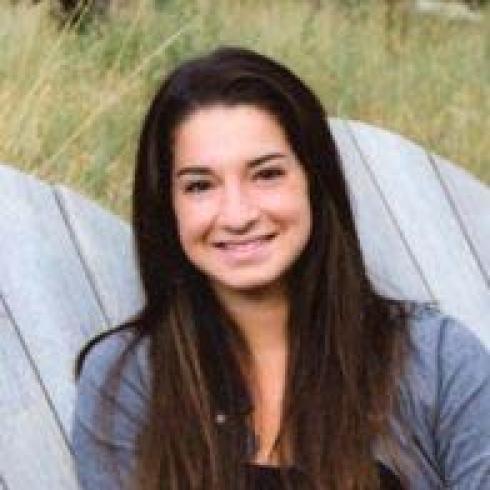
Anna Suszynski
My name is Anna Suszynski and I live in Colorado. I will graduate in 2016 from Colorado College having studied to be an English major, Creative Writing Track. I love to read, ski, go to as many concerts as I can, hang out with my mom, hike, take way too many photographs, and get lost.
